Hints for Multicultural Managers
Manifestation of Culture
By Pierre Casse
Culture provides people with a meaningful context in which to meet, to think about themselves and face the world.
In the language of Clifford Geertz, culture is the means by which people communicate, perpetuate and develop their knowledge about attitudes towards life. It is the fabric of meaning in terms of which human beings interpret their experience and guide their action.
In every culture a limited number of general, universally shared human problems needs to be solved. One culture can be distinguished from another by the specific solution it chooses for those problems. The anthropologists, F. Kluckhohn and F. L. Strodtbeck, identify five categories of problems, arguing that all societies are aware of all possible kinds of solution but prefer them in different orders. Hence in any culture there is a set of "dominant", or preferred, value orientations.
The five basic problems mankind faces, according to this scheme, are as follows:
-
What is the relationship of the individual to others? (relational orientation)
-
What is the temporal focus of human life? (time orientation)
-
What is the modality of human activity? (activity orientation)
-
What is a human being's relation to nature? (man-nature orientation)
-
What is the character of innate human nature? (human nature orientation)
-
John F Kennedy in the USA
-
Jean-Paul Sartre in France
-
Margaret Thatcher in the UK
-
Be aware of your own culture and its limitations. Know that every behaviour is influenced by some basic cultural assumptions, values and beliefs.
-
Respect the other culture. Tolerance is a necessity for effective cross-cultural interactions.
-
Listen, observe and learn from interactions. Each situation is different and requires adaptation. Listening and observing our's as well as the other’s behaviour is very useful.
-
Practise empathy. People prefer to associate with those who give the impression that they understand things from their point of view.
-
Avoid stereotypes. Generalisations lead to misinterpretations and ineffectiveness.
-
Avoid attributions. Explaining others’ behaviour using our own frame of reference leads to misunderstandings and communication breakdown.
-
Tolerate ambiguity. Tolerance of ambiguity helps you cope with the unavoidable stress of the intercultural setting.
-
Be persistent. Fleeing and withdrawing may be justifiable in the short term but in the long run can create problems and deadlocks. We have to be patient.
One culture can be distinguished from another by the arrangement of the specific solutions it selects for each set of problem situations. The solutions depend on the meaning given by people to life in general, and to their fellows, time, and nature in particular.
Geert Hofstede defines culture as "the way in which a group of people solves problems and reconciles dilemmas" and suggests that we look at cultural manifestations from an outer layer to an inner layer.
Symbols
On the outer layer of culture we find symbols, which could include gestures, dress code, class symbols, eating habits, office and shopping hours, etc.
Heroes
In the next layer of culture we find heroes. These are real or imaginary figures of special importance within a given culture:
Rituals
Next are rituals, ceremonies marking special occasions, such as funeral rites, or tea ceremonies in Japan.
Values
To comprehend what symbols, heroes and rituals really mean, one needs to understand the values behind them. In contrast to symbols and rituals that are overt, values are covert or implicit - they are not directly observable and require time and effort to comprehend. However, they form the basis of all cultural differences. To be able to understand others, we need to be aware of and understand our own value system.
Pierre Casse’s Recommendations for Multicultural Managers
Pierre Casse: Training for the Multicultural Manager.
Brefi Group Limited
Unit 11 BSC, Hood Road
Barry CF62 5QN
United Kingdom
Reg. No. 1669333
Copyright 2024 Brefi Group Limited. All Rights Reserved
